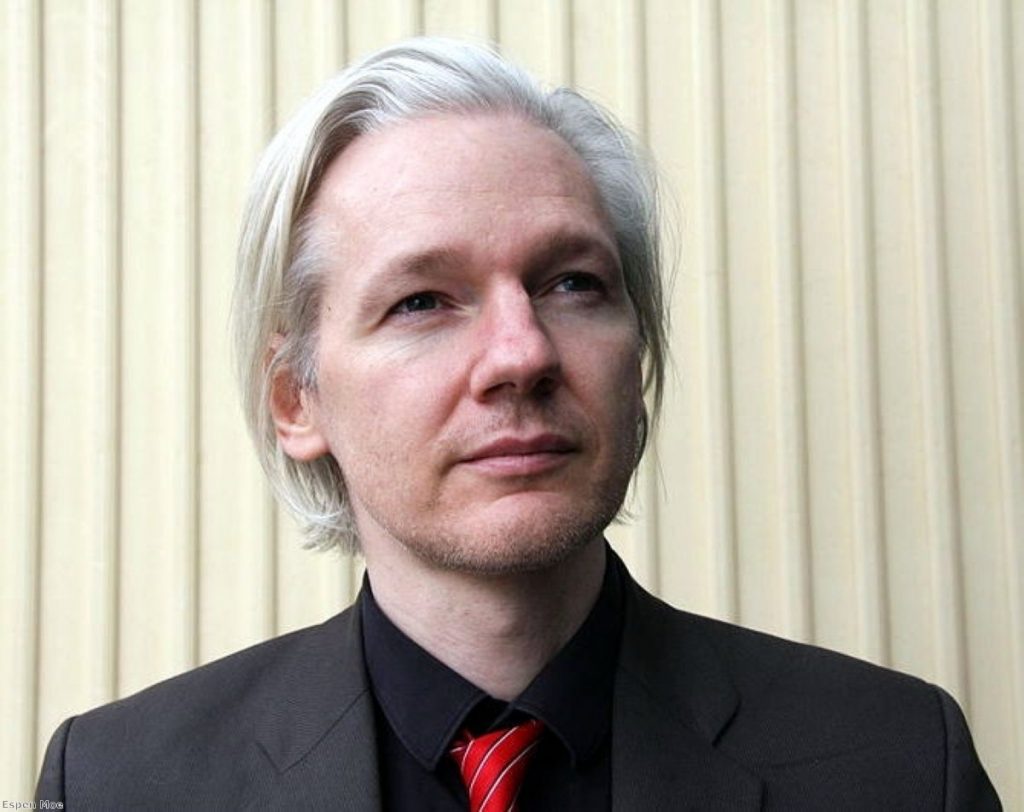Assange fears ‘injustice’ if extradited
By Peter Wozniak
The Wikileaks founder has laid into Swedish authorities, suggesting he faces a lack of ‘natural justice’ if extradited from the UK.
Mr Assange made the comments in an interview with the Today programme this morning, during which he claimed he would be fighting his removal from Britain because he was concerned about the condition of the Swedish justice system.
He said: “What is requested is that I be taken by force to Sweden and once there, be held incommunicado.


“That is not a circumstance under which natural justice can occur.”
The Wikileaks founder won bail while held in London last week after a European arrest warrant arrived in Britain over allegations of sexual offences committed in Sweden.
Since the bail hearing, for which his supporters had to find surety in cash of £200,000, he has been staying in the manor of Vaughan Smith, owner of the journalists’ Frontline Club, while he prepares for extradition proceedings.
Mr Assange remained bullish about his chances of success, adding: “If they want to charge me they can charge me… there are some serious problems with the Swedish prosecution.
“I don’t need to be at the beck and call of people making allegations.”
The Wikileaks saga continues to rumble on, with reportedly only a small fraction of the US diplomatic cables having been released so far.
Controversy reigns over the Swedish allegations. It remains unclear who brought the appeal against Mr Assange’s application for bail.
Critics have grown increasingly hostile to the dumping of confidential information on the internet, with several US politicians calling for his eventual extradition to America to face charges of treason.
Mr Assange dismissed those concerns, instead claiming that Wikileaks was driving a programme of increased political transparency.
He added: “The gradual unfolding of the process of political reform is something that we cannot see immediately, but already we see that we have changed governments – we have certainly changed many political figures within governments.”












